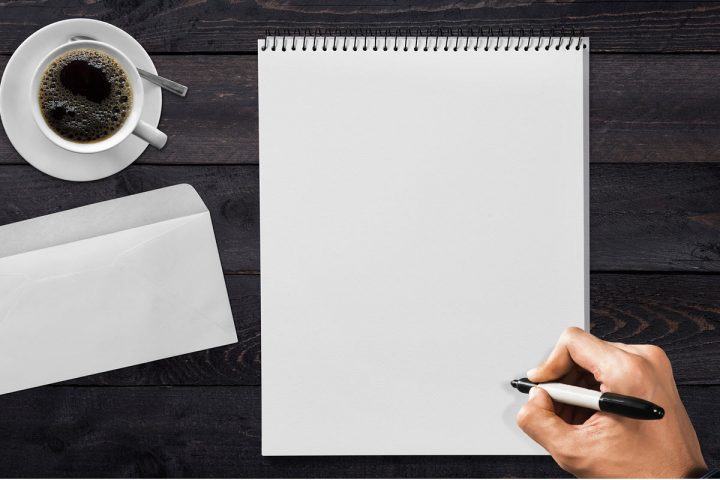How the Most Successful People Use Paper

How to Deal with and Manage Your Own Success
September 13, 2018
5 Types of Behavior at Work of Highly Successful Professionals
September 20, 2018
The Business Optimizer team are suckers for a fresh ream of paper or the crisp blank page of a pristine new notebook. But we’re not the only ones – some of the world’s most successful people also share our love of paper.
JK Rowling’s incredible world
Perhaps two of the most valuable and fascinating notebooks in the world must be those of Harry Potter author, JK Rowling. Rowling herself has said, “Two of my most prized possessions are a pair of small notebooks, which contain my very first scribblings about Harry Potter.”
While you might expect a writer to use a notebook and pen, no one could argue that these notebooks aren’t behind some major success. As well as spawning a magical universe, a host of wonderful characters, bestselling books and films and a career for Rowling doing what she loves, these two notebooks have assured JK Rowling of a $700 million fortune.
Josef Ackermann is banking on a pen and paper
Josef Ackermann is a Swiss banker and former chief executive officer of Deutsche Bank. He likes to use a pen and paper to keep the big picture in sight: “I’m not a tech freak. I use my iPhone and send text messages, that’s it. I still like to have paper in front of me and I do a lot in written-memo form. I think people who constantly use their BlackBerry or iPhone easily lose sight of the big picture.”
A paper list inspires Sheryl Sandberg’s action
But even tech freaks love paper. Facebook’s chief operating officer Sheryl Sandberg is rarely seen without a spiral-bound notebook. Writing in Fortune magazine, Miguel Helft wrote:
“Her days are a flurry of meetings that she runs with the help of a decidedly un-digital spiral-bound notebook. On it, she keeps lists of discussion points and action items.
She crosses them off one by one, and once every item on a page is checked, she rips the page off and moves to the next. If every item is done 10 minutes into an hour-long meeting, the meeting is over.”
The secret of Richard Branson’s success
At a 2017 Hearst Media Master Class event, British entrepreneur Richard Branson shared his love of paper: “The other thing I think you need to do, in my opinion, and not many people do this, is have a little notebook and a pen wherever you go,” Branson said. “And keep your eyes open. There will be so many things, conversations that you’ll want to scribble down, ideas that people will come up with, ideas that you’ll come up with that you’ll forget if you don’t write them down.”
Branson is convinced notetaking is to credit for some of his most successful companies. And yet he says, in his experience, 99 percent of people in leadership roles don’t take notes: “There are many occasions when I find myself in meetings and am the only one with a pen taking down notes.”
The shared habit of fellow tech entrepreneur Bill Gates
Recently, however, on his Virgin blog, Richard Branson wrote about his pleasure of finding he shared a love of pen and paper notetaking with the Microsoft founder Bill Gates.
According to Noteshel, Bill has a specific approach to notetaking:
a “prominent ambassador of note taking is one of the world’s richest men, Bill Gates. Several accounts refer to Gates’ scrupulous note-taking techniques. Gates does not bring a laptop with him to meetings but instead uses a yellow notepad which is structured into logical sections.
The page is divided into quadrants, each reserved for a different thought. At the bottom of the page, he reserves a section for writing down any questions or concepts that may be unfamiliar.”
While they may be from varied walks of life, it’s clear that taking notes with a paper and pen works for these five successful people.
How could carry a notepad and paper with you to capture ideas, and especially to meetings, influence your success?



